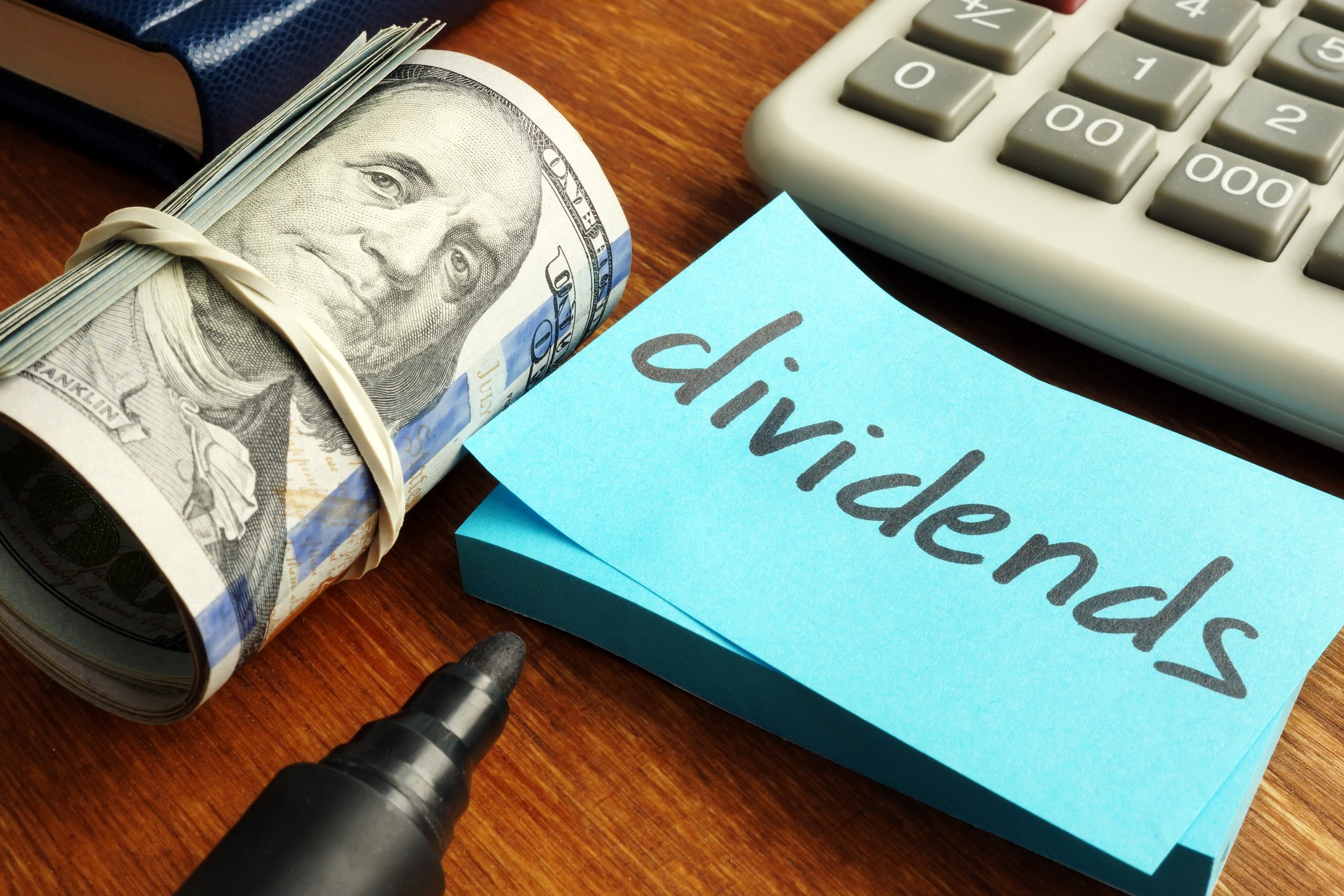Free cash flow is one of the most important numbers an investor can look at while they're researching a company. In this clip from Industry Focus: Energy, Motley Fool analysts Sean O'Reilly and Taylor Muckerman explain what it is, why it matters so much, and how investors can calculate it.
A full transcript follows the video.
This podcast was recorded on Sep. 8, 2016.
Sean O'Reilly: So, Professor Muckerman, we're the lucky individuals who get to talk for back-to-school week about free cash flow. This is a term that you Google, and it has more than one definition. I would also argue that it depends on who you're talking to. But, to start us off, could you give us a layman's definition of what you think free cash flow is?
Taylor Muckerman: It's cash that's given to you.
O'Reilly: Like if I give you $10 right now?
Muckerman: Yeah, that's free cash flow. No, basically, the more important definition of net income is the cash that you've actually earned rather than the financially finagled net-income figure. So, you're adding back changes in inventory, changes in accounts receivable, things like that, which are considered working capital. You're also taking care of depreciation and amortization, and then subtracting capital expenditures. So, you're basically taking your cash from operations, subtracting capital expenditures. There you are, free cash flow.
O'Reilly: You threw out a lot of accounting terms there, and the kid in the back of the classroom just fell asleep. I saw him nod out there a little bit.
Muckerman: I know that kid, I've seen that kid before.
O'Reilly: To the front of the class, Jimmy! Really quick, why is GAAP, net income, EPS, that stuff, why is that not the only thing or the best thing for investors to look at? You said it's kind of made up -- what do you mean by that? If I buy Google, am I not actually earning that money that's their net income line? What do you mean?
Muckerman: You're taking non-cash charges. If your inventory is higher than it was the previous year, that's not more money you have, that's just a balance sheet item that's increased. If you have less accounts receivable, you might have less money coming to you, but you don't have that money, so that change doesn't need to be accounted for in net income. Depreciation is a non-cash charge, that's a writedown of your assets.
O'Reilly: That's a figment of an accountant's imagination.
Muckerman: Yeah. So, you're accounting for the finagling of assets that get mixed into net income, and you're stripping those out. Obviously, you're not going to get paid by non-cash items, so why consider that in your cash flow?
O'Reilly: Yeah. In addition to that, I was going to say this later, it's going to be, like, 98% of what you're looking for, but I normally just subtract capex from cash from operations.
Muckerman: Yeah, that's basically the formula that we talked about. Net income accounting for depreciation and amortization, changes and net working capital, EBIT, you have to take into account taxes that you're paying, and then interest. That basically boils down to cash flow from operations. So, you're just taking all that and turning it into one phrase. And then, you subtract capital expenditures from that, and you're left with money to pay off debt and...
O'Reilly: Party.
Muckerman: ...pay off dividends, or party, yeah. Get a corporate jet.





